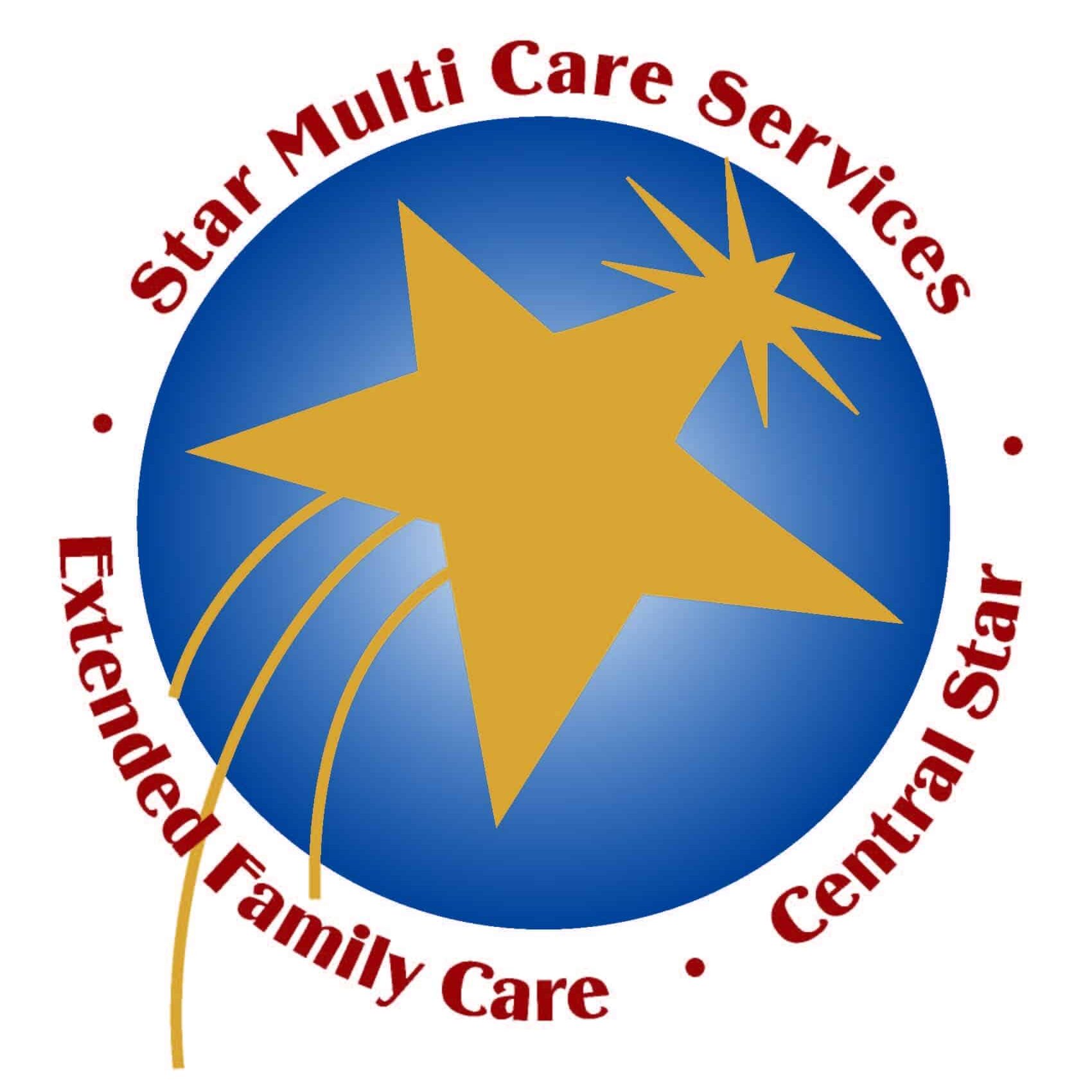June is National Aphasia Awareness Month. If you’re not sure what aphasia is, though, you’re not alone. Aphasia is a condition that affects a person’s language abilities. It may cause problems with speaking, understanding, reading, or writing. According to the National Institute on Deafness and Other Communication Disorders (NIDCD), there are currently about one million people in the United States affected by aphasia. But, they aren’t all affected in the same way.

Experts say there are multiple kinds of aphasia. Understanding aphasia may help you to spot it in your aging relative or better understand the condition after a diagnosis.
Basic Aphasia Information
Aphasia happens when certain areas of the brain are damaged, usually on the left side of the brain. It often happens suddenly, such as after an injury to the head or a stroke. However, it can also come on slowly because of a brain tumor or neurological disorder. It typically occurs in people who are middle-aged or older.
Some cases of aphasia are mild, but some are so serious that they make communication quite difficult or even impossible. In some cases, aphasia affects only one aspect of language, but most often it involves several areas.
Types of Aphasia
There are several types of aphasia classified according to the area of the brain affected and how it affects language skills. Some kinds of aphasia are:
Wernicke’s Aphasia: This is the most common kind of “fluent aphasia.” People with Wernicke’s aphasia may speak in complete sentences, but may use made up words, add words that aren’t necessary to the sentence, or simply speak in sentences that don’t make sense.
Broca’s Aphasia: Broca’s aphasia is a non-fluent kind of aphasia. People with this form can understand what other people say and know what they want to say. They speak in short sentences or phrases. They often leave out words like “the” or “is.” Because people with Broca’s aphasia understand others and know they are having trouble, they may get frustrated easily.
Global Aphasia: Global aphasia is considered the most severe kind. It causes an inability to understand much of what other people say. It also makes the person unable to say many words. They may repeat the same words over and over. Global aphasia often occurs after a stroke, but sometimes improves when the brain isn’t damaged too badly.
Communicating with an older adult who has aphasia can be difficult, but many elder care providers are experienced in assisting stroke patients or others with the condition. They can see to the person’s needs despite their ability to verbally communicate. Elder care providers can assist a person with aphasia to accomplish daily tasks, like dressing, grooming, eating, and using the bathroom. Elder care providers can also take seniors to medical appointments and report back information from the doctor to family caregivers.
Sources: https://www.aphasia.org/aphasia-definitions/
https://www.nidcd.nih.gov/health/aphasia
https://www.asha.org/public/speech/disorders/Aphasia/
If you or an aging loved one are in need of Elder Care Services in Floral Park NY or the surrounding areas, contact the caring professionals at Star Multi Care Services today at (631)956-8835. We are the Right Choice for Home Health Care Services!
- Consistency is Key to Helping Your Senior Remain Independent - April 3, 2025
- Help Your Senior Welcome Back the Birds of Spring - March 26, 2025
- Honoring Our Team: Birthdays, Anniversaries, and New Additions! - March 25, 2025

